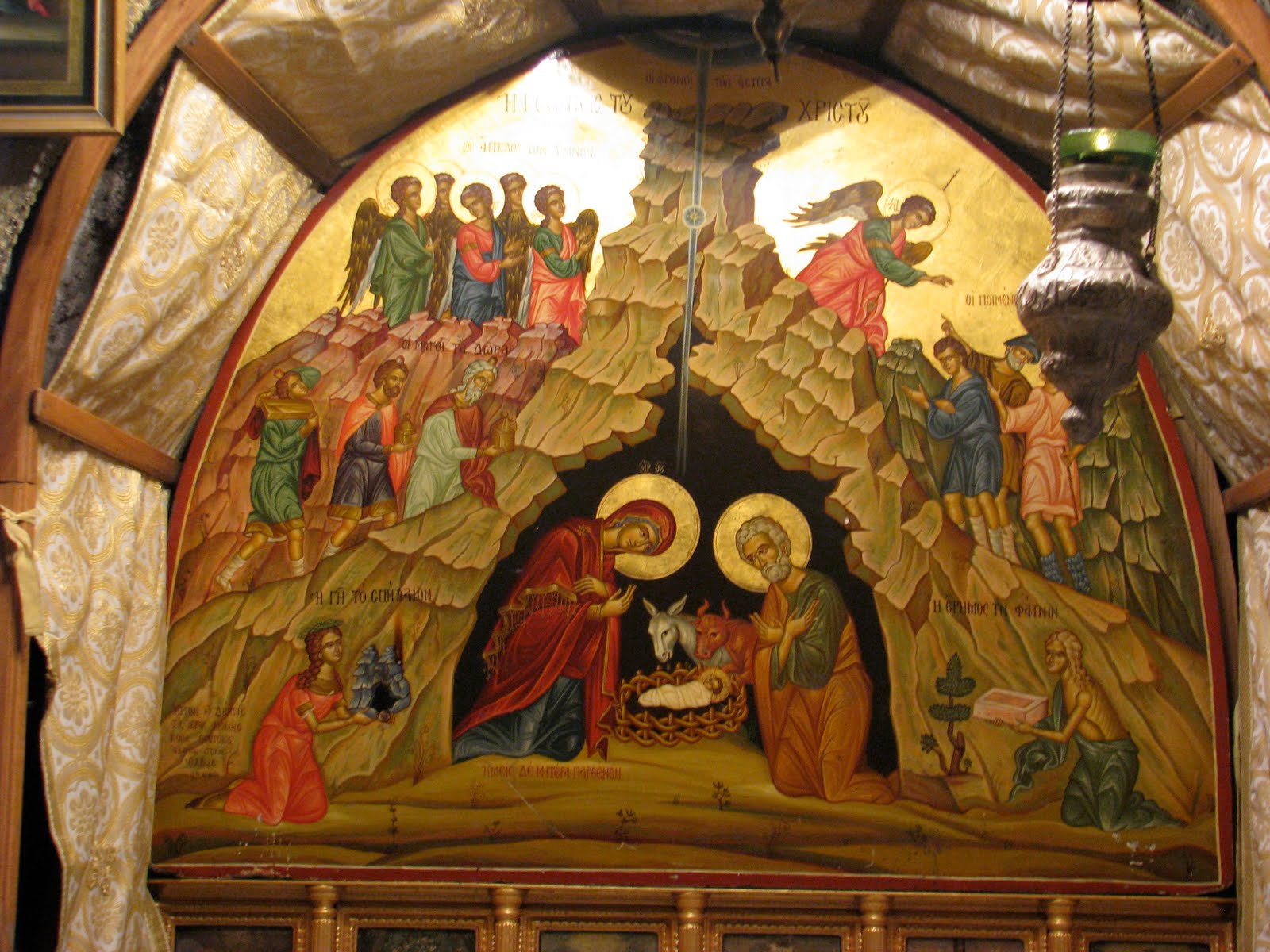The Venerable Saint Auxentius (14 February)


Auxentius was a very prominent aristocrat among the noblemen and courtiers at the court of Emperor Theodosius the Younger in Constantinople. Inflamed with love for Christ, Auxentius was tonsured a monk and remained for a short time in Constantinople. When men began to praise him, he fled from their praise and settled on a mountain near Chalcedon called Skopa, which later was referred to as Auxentius’s Mountain.
His desire to remain there permanently, hidden from men, was not realized. Some shepherds discovered him and made his whereabouts known. They began to bring the sick to him for healing, and he healed many, restoring sight to the blind and cleansing lepers by anointing them with oil. He also raised the palsied and freed many who were demon possessed. All of this was cause for amazement, but his humility was cause for even greater amazement. Whenever he was implored to heal someone, he would excuse himself with the words: “I also am a sinful man!” Compelled by many requests, he approached healing in the following manner: He either invited all present to pray to God with him for the sick person, or else he first strengthened their faith and then told them that God would give to them according to their faith, or else he prayed over the head of the sick person: “The Lord Jesus Christ heals you!” He did this so that the act of working miracles would not be attributed to him but rather to God Almighty.
He participated at the Fourth Ecumenical Council [Chalcedon, 451 A.D.] and strongly defended Orthodoxy against the Eutychian and Nestorian heresies. In the year 470 A.D., the Lord took his youthful soul in his old age, and his aged body remained in the earth from which it was created.
Apolytikion of Auxentios of the Mountain
First Tone
Thou didst prove to be a citizen of the desert, an angel in the flesh, and a wonderworker, O Auxentius, our God-bearing Father. By fasting, vigil, and prayer thou didst obtain heavenly gifts, and thou healest the sick and the souls of them that have recourse to thee with faith. Glory to Him that hath given thee strength. Glory to Him that hath crowned thee. Glory to Him that worketh healings for all through thee.






